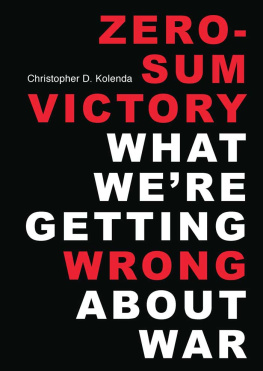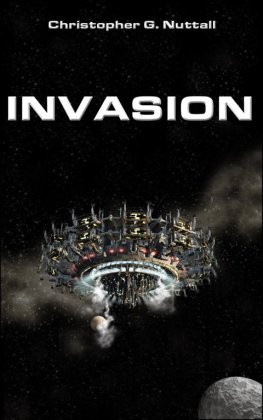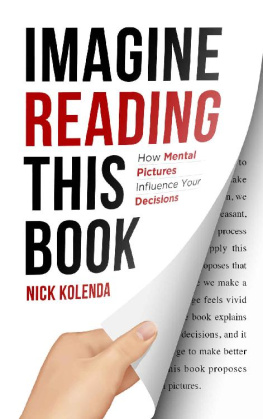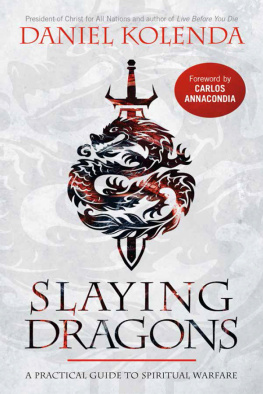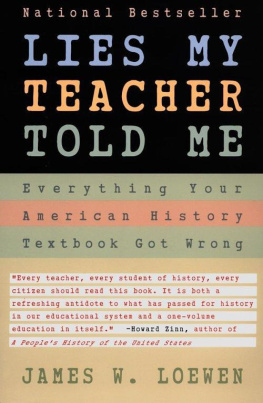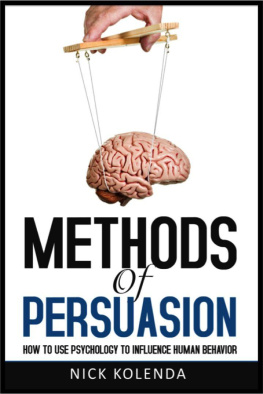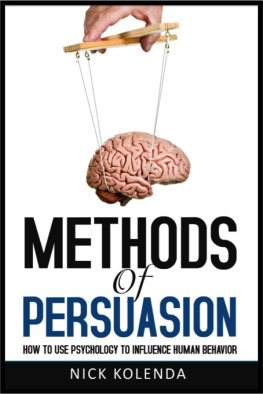Praise for Zero-Sum Victory
Zero-Sum Victory, the product of a rare combination of incisive scholarship and years of hard-won and occasionally bitter firsthand experience, is an essential guide to twenty-first-century western military strategy and its many dysfunctions. It is critical reading for anyone seeking to understand what went so wrong in Iraq and Afghanistan, and indeed, what might still go wrong now.Simon Anglim, author of Orde Wingate: Unconventional Warrior
War termination is among the most important responsibilities of the state. Yet the United States has systematically failed at it since 2001. In Zero-Sum Victory, Christopher Kolenda makes a landmark contribution toward improving the countrys baleful record by highlighting the crucial importance of negotiation in ending wars. The book is essential reading for both policymakers and scholars.Stephen Biddle, author of Nonstate Warfare: The Military Methods of Guerillas, Warlords, and Militias
Few others have Christopher Kolendas diversity of perspectives on war, and the framework he provides makes this book essential reading for understanding how bureaucratic silos and strategic narcissism led to our failures in Afghanistan and Iraq. He expertly lays the groundwork for a much-needed assessment of where we went wrongand how to avoid those mistakes in future conflicts.Jason K. Dempsey, author of Our Army: Soldiers, Politics, and American Civil-Military Relations
Zero-Sum Victory is mandatory reading for any student or observer of the global war on terror. In this compelling and highly readable text, Christopher Kolenda draws on all aspects of his impressive career as a combat commander, strategic policy advisor, and an academic. His extensive hands-on experience provides authentic insights into what we are getting wrong about war. He highlights the absence of strategic consideration on a war termination framework, the mistaken conflation of military plans with national strategies, and the prevalence of confirmation bias masking emerging risks. As Kolenda argues, these errors were further compounded by the conduct of the bureaucratic way of war that confused authorities, responsibilities, and accountabilities to such an extent that the whole became less than the sum of its parts. Kolendas coverage of the failure of Afghan peace negotiations is the most authoritative firsthand account available. Zero-Sum Victory concludes with a superb analysis of the implications for US foreign policy and scholarship.Maj. Gen. Adam Findlay, AM, former Special Operations Commander, Australian Defence Force
Christopher Kolenda, one of the great soldier-scholars of our time, has produced a pathbreaking new study on a critical policy question that has yet to be sufficiently answered: Why have American wars in the post-9/11 era experienced so much failure? Kolenda offers a rich and thoughtful analysis that will make a lasting contribution to the war studies field. Zero-Sum Victory is essential reading for subject specialists and the broader public alike.Michael Kugelman, senior associate for South Asia, Woodrow Wilson Center
Christopher Kolenda writes from a position of strength, for he was a man in the arena. War in all its forms has always been a very human affair. It is these failures of human enterprise that he shines a searchlight upon, and in so doing helps us understand the why of how our best endeavors in Afghanistan and Iraq fell short.Lt. Gen. Sir Graeme Lamb, KBE, CMG, DSO
Christopher Kolenda has been a commander in combat, a diplomat, and a humanitarian trying to protect civilians from harm. Few are as qualified to write about America at war. In Zero-Sum Victory, he explains why we have had such trouble winning wars since 1945 and how we can do better. It is a groundbreaking work that is both analytically rigorous and informed by firsthand experience.Carter Malkasian, author of The American War in Afghanistan: A History
Christopher Kolendas mesmerizing account of how US interventions in Afghanistan and Iraq became quagmires highlights a singular truth we ignore at our peril: the purpose of war is not to keep the game going in multiple overtimes until one side prevails, but rather to achieve an acceptable political outcome. He concludes with a set of practical but challenging recommendations for the structural changes needed in the bureaucracy to ensure more objective and better-integrated approaches to ending the inevitable irregular wars of the future. Policymakers, take note!Robin L. Raphel, US ambassador to Tunisia (19972000)
In Zero-Sum Victory, Christopher Kolenda provides insightful and compelling answers to the question of why the United States wasnt able to win in Vietnam, Iraq, and Afghanistan. His conclusion that the United States systematically defaulted to a goal of zero-sum victory in its unconventional wars is a powerful one for policymakers confronting the coming decades of challenges to US military power.Jonathan Schroden, director of CNAs Countering Threats and Challenges Program
Christopher Kolenda is a rarity: a US Army commander who fought in Afghanistan and then spent years jump-starting peace talks with the Taliban. His rigorous, unsparing assessment of what went wrong during the longest war in American history deserves widespread attention.Craig Whitlock, author of The Afghanistan Papers: A Secret History of the War
Copyright 2021 by The University Press of Kentucky
Scholarly publisher for the Commonwealth,
serving Bellarmine University, Berea College, Centre
College of Kentucky, Eastern Kentucky University,
The Filson Historical Society, Georgetown College,
Kentucky Historical Society, Kentucky State University,
Morehead State University, Murray State University,
Northern Kentucky University, Spalding University,
Transylvania University, University of Kentucky,
University of Louisville, and Western
Kentucky University.
All rights reserved.
Unless otherwise noted, illustrations are by Christopher D. Kolenda.
Editorial and Sales Offices: The University Press of Kentucky
663 South Limestone Street, Lexington, Kentucky 40508-4008
www.kentuckypress.com
Library of Congress Cataloging-in-Publication Data
Names: Kolenda, Christopher D., author.
Title: Zero-sum victory : what were getting wrong about war / Christopher D. Kolenda.
Other titles: What were getting wrong about war
Description: Lexington, Kentucky : The University Press of Kentucky, [2021] | Includes index.
Identifiers: LCCN 2021023493 | ISBN 9780813152769 (hardcover) | ISBN 9780813152837 (pdf) | ISBN 9780813152899 (epub)
Subjects: LCSH: United StatesMilitary policyHistory21st centuryCase studies. | Afghan War, 2001Case studies. | Iraq War, 20032011Case studies. | Prolonged warUnited StatesCase studies. | Irregular warfareCase studies.
Classification: LCC UA23 .K65 2021 | DDC 355/.35573dc23
This book is printed on acid-free paper meeting the requirements of the American National Standard for Permanence in Paper for Printed Library Materials.
Manufactured in the United States of America.




